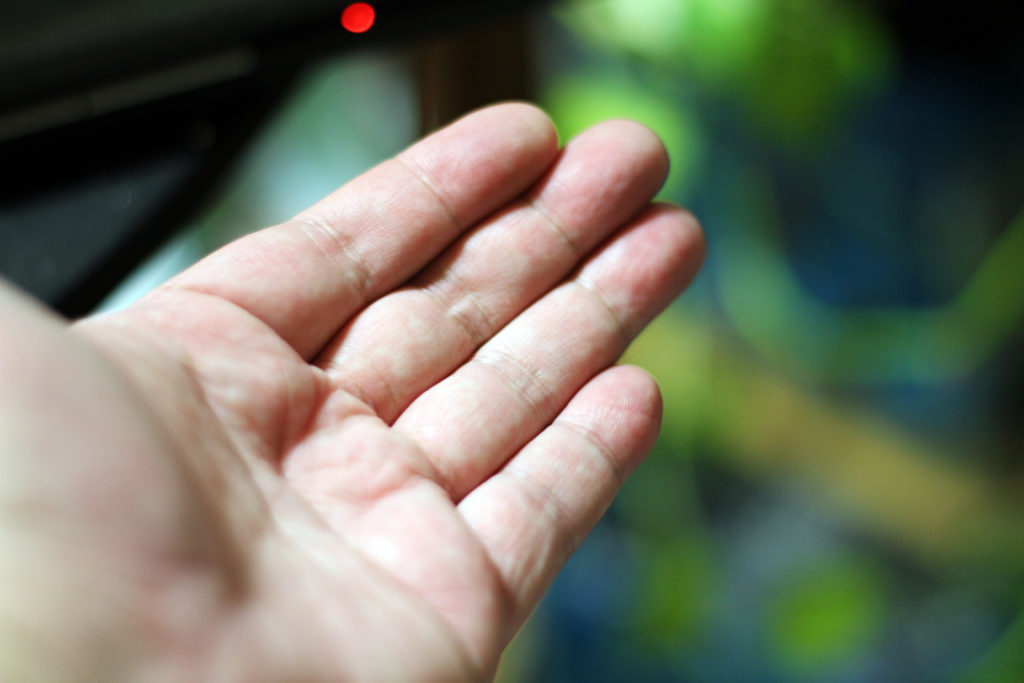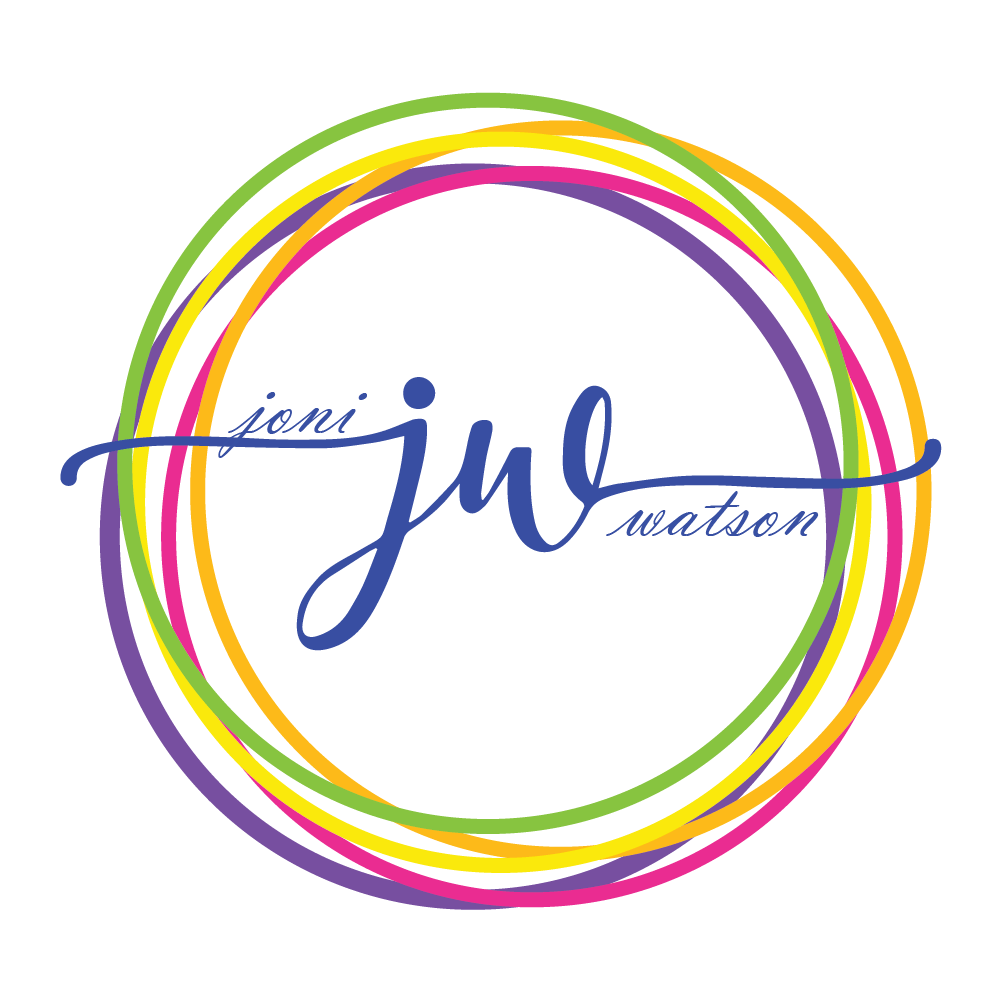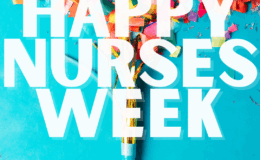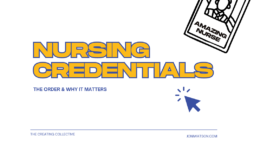In honor of Labor Day, I was reflecting on my work and callings. As tiring as work can be at times, I cannot ever escape the sacredness of my work. A few months ago I was honored to speak at a colleague’s BSN Pinning Ceremony – Texas A&M University – Central Texas’s first RN-BSN pinning. What a humbling moment! Full of tradition, even after more than a decade since my own pinning, these ceremonies still evoke strong feelings and often a few tears. So what did I muster up to say to these already-nurses who had just completed their baccalaureates in nursing? Much of what I continuously reflect upon as “work.”
——-
Thank you so much. It is my distinct privilege to join you today for this momentous occasion. What an accomplishment. I’ve held by baccalaureate in nursing for 13 years now, and I still remember my pinning like it was yesterday. I remember the joy of upcoming graduation, the relief of completed coursework, the hopefulness of the future of my nursing career, and the anticipation of sleep. Lots of sleep. I do know what you’re feeling right now.
There is a major difference in my pinning 13 years ago, though, and your pinning today. You see, I wasn’t a registered nurse yet when I received my baccalaureate nursing pin. Each of you already hold your nursing license. Unlike me at the time, I thought I knew what I was getting myself into – being a nurse and all. I had no idea, really. When theory and precepted clinical rotations turn into autonomous nursing care and work, well, it’s something our distinguished faculty try their very best to prepare us for, but to fully understand it all, you have to live it.
And you have lived it. And you continue to do so. Some of you likely worked in the last 24 hours or are planning to in the next 24 hours. Because you’re nurses; you’re amazing like that. Multiple times every day, one simple phrase rings among millions of strangers…”I’m your nurse.” It seems simple enough, but those words hold power. Enveloped in three syllables is a promise. Even when it means “I’m the only one who can take this assignment right now,” or “Only eight more hours between me and the weekend,” it’s still a promise. A promise to analyze, problem-solve, prioritize, advocate, listen, encourage, treat, empathize, support, facilitate, and educate. It’s the ultimate confidentiality agreement leading to the beginning of an immediately intimate relationship. Very few statements match its power, and you hold it.
But you have previously held and wielded that phrase, serving as part of the longest-running, most trusted profession – nursing. So what does today change? What does earning you baccalaureate of science in nursing, your BSN degree, mean? What does it mean to your patients, workplace, community, public health, your discipline, to yourself? What does it mean?
According to the American Association of Colleges of Nursing, “Baccalaureate nursing programs encompass all of the course work taught in associate degree and diploma programs plus a more in-depth treatment of the physical and social sciences, nursing research, public and community health, nursing management, and the humanities. The additional course work enhances the student’s professional development, prepares the new nurse for a broader scope of practice, and provides the nurse with a better understanding of the cultural, political, economic, and social issues that affect patients and influence health care delivery. Throughout the last decade, policymakers and practice leaders have recognized that education makes a difference.” In 2010, the Robert Wood Johnson Foundation published a landmark report, The Future of Nursing, in which they detailed the U.S’s need to exponentially increase the number of BSN nurses to rapidly transform healthcare. But why? Because BSN nurses see things differently thanks to our broadened education, and it takes a better view to transform the one we have now of healthcare. With over 3.4 million nurses – by far the largest healthcare workforce in the U.S. – we are everywhere, which is a great thing because everywhere needs you. Whether it’s your neighborhood, church, school, Capitol Hill, the bedside or chairside, the boardroom, Industry, community groups…the nursing process will not fail you. Transform your world. You were prepared for this. Tonight is an indication of that.
I’d like to encourage you in two ways:
First, never stop learning. Now is as good a time as any to add that the Robert Wood Johnson Foundation Future of Nursing report also indicates the need to double the number of masters- and doctorally-prepared nurses. Relish today, yes, but know this is not the end. This is the beginning of your education. Yes, you can catch up on your sleep a bit first. My favorite nursing theorist is Hildegard Peplau. Yes, I have a favorite nursing theorist; if you don’t have a favorite nursing theorist, you should find one. It will help you realize that you’re in some pretty amazing company within the nursing profession. Peplau was the first nursing theorist to publish after Florence Nightingale, almost 100 years after Nightingale. 100 years! That’s a long time. Peplau was a staunch advocate for mental health care…and for nursing as a profession, with formal education. Her conceptual framework, Interpersonal Relations in Nursing, was finished in 1948, but it wasn’t published until 1952 because it was considered too revolutionary at the time for a nurse to publish without a physician co-author. At the age of 78, she said the following evergreen words that continuously spur me on in my own career: “Somewhere, somehow, at some time in the past, courageous nurses determined these skills, learned them, fought for the right to use them and taught them to other nurses. All nurses have an obligation to remember that part of nursing’s past and to keep their own skills in pace with new opportunities for nursing into the next century.” Never stop learning.
Second, never stop loving people. Yes, I said love. We rarely use that word in healthcare or in leadership; rather, we use words like “compassion.” That’s all over nursing. “Compassion” in its Latin form literally means “to love together with.” It gives rise to other concepts – empathy and altruism – that we also tout throughout nursing. But love of people undergirds it all. Nursing is a service discipline; you will never find a nursing role that does not focus on people. It is the very fiber of who we are.
Now, being nurses already, you know that people-work is hard-work. People! They are the very worst and the very best part of our care and work. They will drive you crazy; challenge your patience; make you cry hot, angry tears; and wish you never went into nursing. They will also trust you implicitly; soften your heart; teach you how to live; thank you for preserving their dignity; make you cry sweet, humble tears; and make you thankful for the care you get to provide every day. And that’s just one day! In all seriousness, loving people is the essence of care, and you have to take care of yourself in order to take care of everyone around you. People always talk about the impact nurses make on them, but we rarely discuss the fingerprints our patients make on us. We’re all shaped by them…incredibly genuine, broken, angry, joyful, amazing people.
Never stop learning. Never stop loving people. The nursing pins you’re receiving tonight are symbols of both – education and people – in many ways. Wear it with pride, and remember your past, ongoing, and future education as well as the people who have and continue to shape you in addition to the people you daily touch.
Never stop learning. Never stop loving people. Congratulations on this momentous milestone. Relish these feelings at this very moment; take note of them; remember them often to spur you on in transformative work. You are the future the Robert Wood Johnson Foundation report described. What a bright future you are! Thank you for this privilege; I am proud to call you colleagues!

“Care” by Toshihiro Oimatsu, Flickr.com





